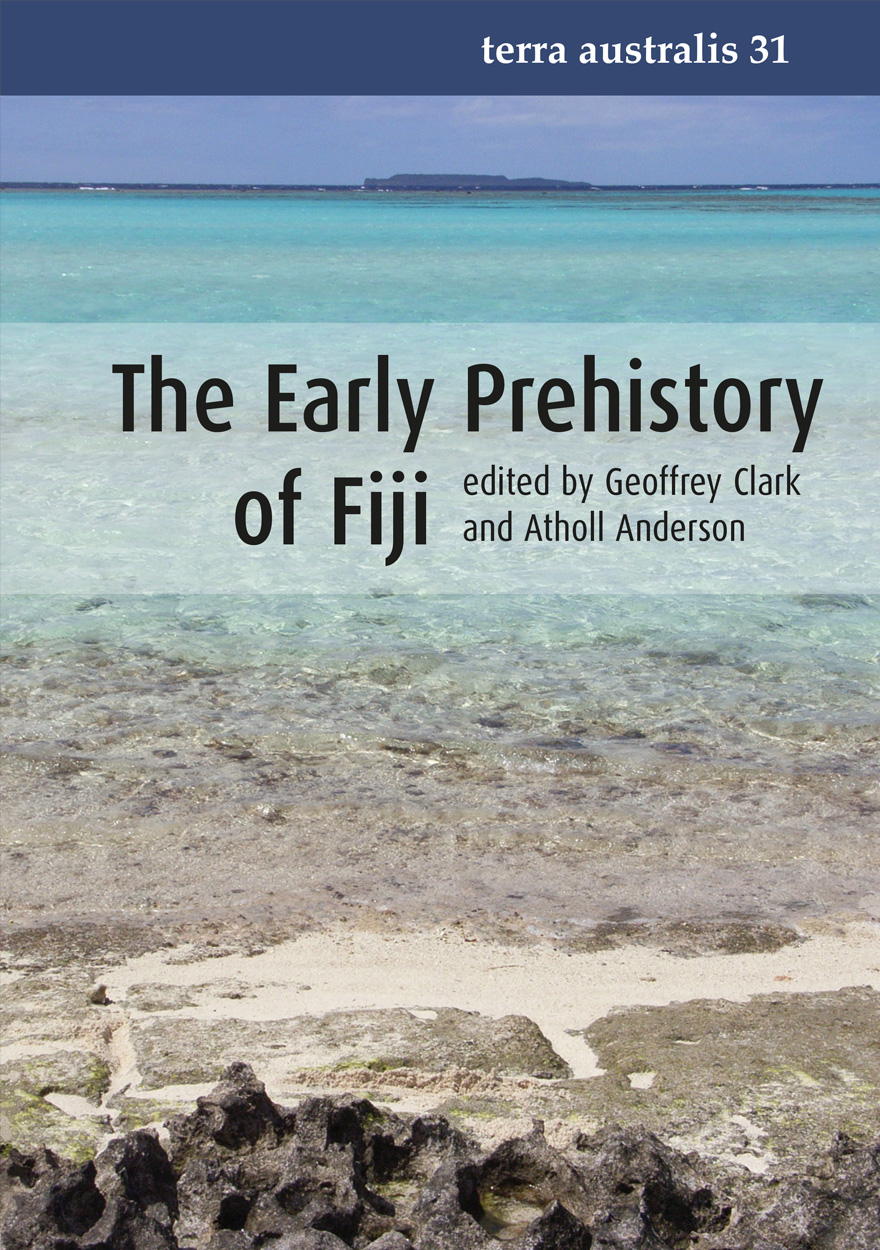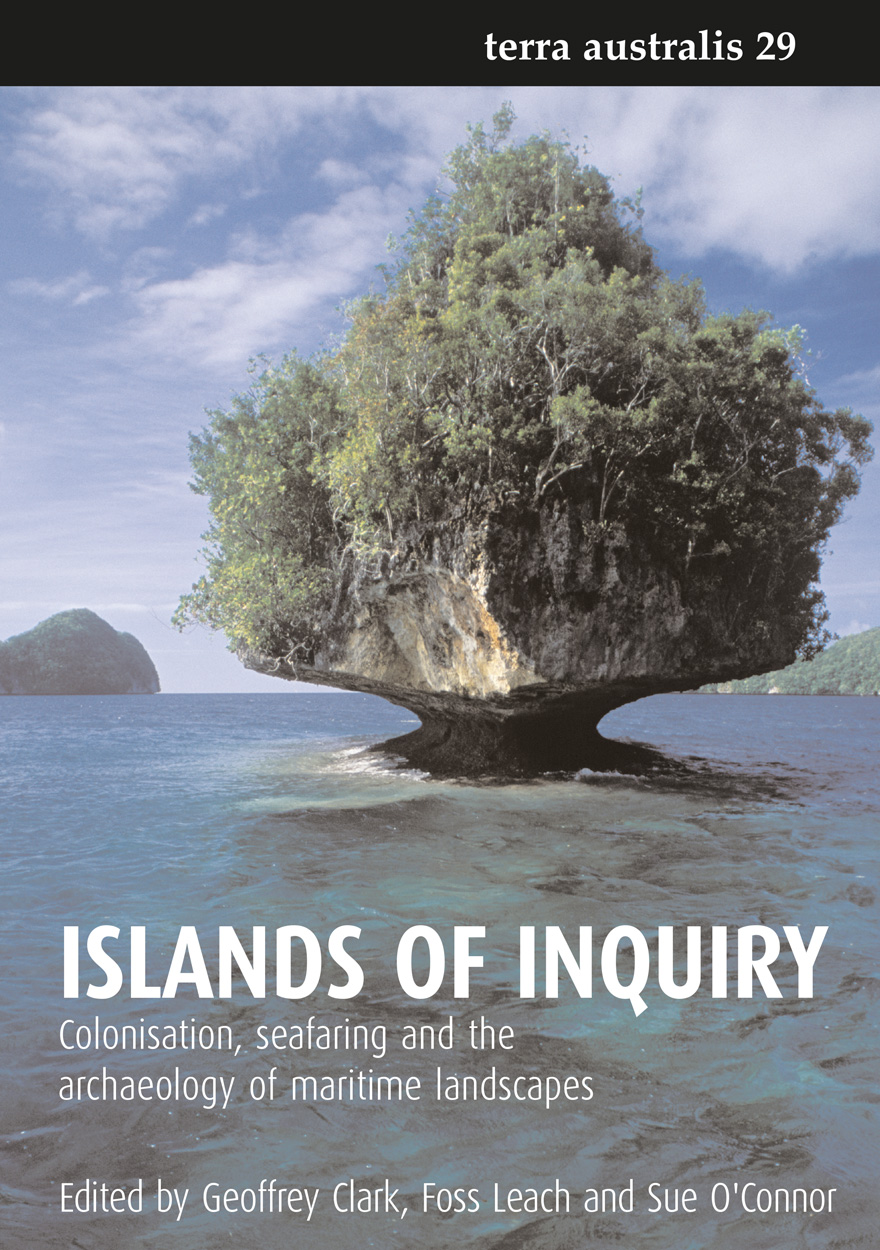Publication date: March 2022
When James Boswell famously lamented the irrationality of war in 1777, he noted the universality of conflict across history and across space – even reaching what he described as the gentle and benign southern ocean nations. This volume discusses archaeological evidence of conflict from those southern oceans, from Palau and Guam, to Australia, Vanuatu and Tonga, the Marquesas, Easter Island and New Zealand. The evidence for conflict and warfare encompasses defensive earthworks on Palau, fortifications on Tonga, and intricate pa sites in New Zealand. It reports evidence of reciprocal sacrifice to appease deities in several island nations, and skirmishes and smaller scale conflicts, including in Easter Island. This volume traces aspects of colonial-era conflict in Australia and frontier battles in Vanuatu, and discusses depictions of World War II materiel in the rock art of Arnhem Land. Among the causes and motives discussed in these papers are pressure on resources, the ebb and flow of significant climate events, and the significant association of conflict with culture contact. The volume, necessarily selective, eclectic and wide-ranging, includes an incisive introduction that situates the evidence persuasively in the broader scholarship addressing the history of human warfare.







